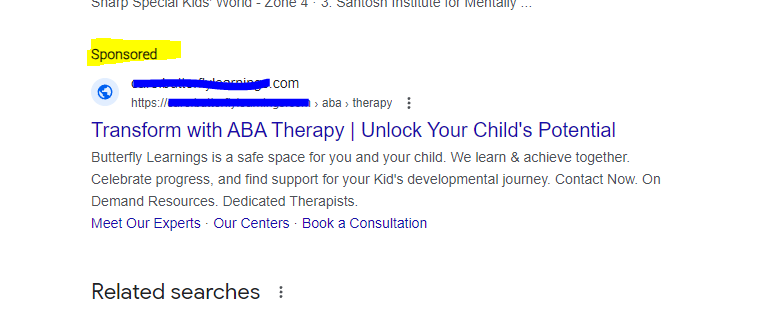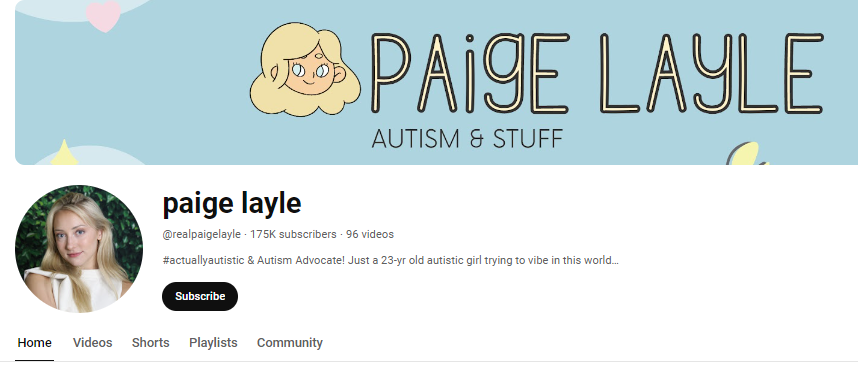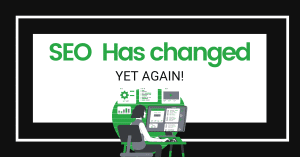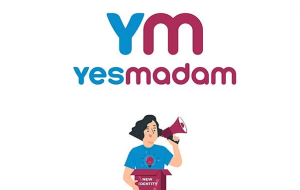Autism schools and centers strive to provide specialized education and therapy to children on the autism spectrum.
However, many parents are still unaware of the services offered by autism schools or do not have enough information to make enrollment decisions. This is where digital marketing can make a big difference.
By implementing the right digital strategies, autism schools can spread awareness, share resources, and increase enrollment inquiries and admissions. Here are some of the best practices for digital marketing for autism schools:
Table of Contents
Website Content Optimization

An autism school’s website is the online hub to share information about the center’s services, programs, methodologies, faculty, etc.
The website content should be optimized for relevant keywords parents may use during searches – terms like ‘autism school [city]’, ‘ABA therapy’, autism treatment, etc.
Along with keywords, ensure easy navigation, quality visuals, testimonials, and clear calls-to-action to contact or enroll.
Search Engine Optimization (SEO)

SEO helps a website rank higher in search engines for relevant search terms.
Some best SEO practices include using keywords in page titles, meta descriptions, headers, content, etc., building backlinks from reputed websites, ensuring site speed, fixing technical errors, and regularly publishing fresh content.
Good SEO improves visibility and makes it easier for parents to find the autism school online.
Social Media Presence
Maintaining active social media profiles on Facebook, Instagram, Twitter, LinkedIn helps autism schools engage parents online.
Share informative posts, resources, event updates, success stories, therapy tips, etc. Promote enrollment drives, workshops or webinars.
Use relevant hashtags like #autismawareness, #autismparents, etc. Leverage Facebook groups to interact with parents. Social media humanizes the school and provides a direct channel for queries.
Paid Ads and Promotions

Running paid ads on Google, Facebook, Instagram, YouTube, LinkedIn, etc. allows autism schools to reach interested parents beyond just organic visibility.
You can geo-target ads in your city or region, customize them for specific programs like ABA therapy, summer camps, etc.
Retargeting ads help bring back website visitors. Effective copy, calls-to-action, keywords, and visuals boost results. Track conversions and optimize regularly.
Influencer Marketing

Partnering with parenting bloggers, autism advocates, educators, and local influencers to promote your school can be an impactful strategy. They have an engaged audience and their endorsement lends credibility. Seek reviews, social shares, sponsored posts, or email promotions from relevant influencers.
Blogs and Videos
Publishing blogs on the school website provides useful, in-depth information to parents for free – like guides on identifying signs of autism, how ABA works, preparing for an IEP meeting, financial aid, etc. Videos like center tours, testimonials, FAQs, and awareness clips help parents make informed decisions. SEO-optimized blogs and YouTube videos organically draw more families.
Email Marketing

Building an email subscriber list allows autism schools to stay in touch with both prospects and current parents. Send out newsletters, announcements, helpful resources, or promotions. Email nurturing of prospects provides useful information that persuades them to enroll. Automated email workflows can also be set up.
Local SEO
Many parents search for local autism schools online before making a choice. So focus on local SEO by ensuring correct business address, phone, map entry on Google, and prominent listings on directories like Google My Business. Monitor and claim listings. Also encourage customer reviews. This improves local visibility and credibility.
Getting listed on school review websites gives parents another avenue to learn about your services and offerings. Provide complete details about the autism center or school and encourage parents to leave detailed reviews about their experience.
In conclusion, autism schools need to leverage a variety of digital marketing channels to increase visibility, spread awareness, nurture prospects, establish authority, and drive more admissions.
A strategic combination of the above strategies can help educational institutions for children on the spectrum reach and engage many more parents digitally.
The key lies in creating differentiated, useful content that resonates with parents and addresses their concerns when choosing an autism school.
Frequently Asked Questions (FAQs)
Q: What is the first step an autism school should take to get started with digital marketing?
A: The first step is to optimize your website content for keywords parents may use when searching for autism schools and services. Ensure all key information is covered, along with visible contact details and an enrollment inquiry form.
Q: How can an autism school identify relevant keywords to focus on for SEO?
A: Do keyword research using Google’s keyword planner or tools like SEMrush to find high volume keywords related to autism education services, specific therapies, children’s ages, school location, etc. Study competitors’ sites also.
Q: What type of content works best on social media for autism schools?
A: Share informative posts, resources, tips, school events, student success stories, therapy highlights, educator insights and more. Videos and images work very well too. Just provide value to your audience of parents and caregivers.
Q: How much budget should an autism school allocate to paid digital marketing?
A: Ideally 5-15% of total marketing budget can be allocated to paid digital marketing initially. Monitor ROI from activities like paid search, Facebook ads, etc. and adjust budgets accordingly.
Q: How can an autism school measure the results of their digital marketing strategies?
A: Track metrics like website traffic, leads or inquiries, search rankings, social media engagement, paid ad conversions, and most importantly, new admissions attributed to digital marketing efforts.
Q: How often should an autism school post on social media accounts?
A: 1-2 posts per day on Facebook/Instagram and 2-5 tweets per day are ideal. Have a good mix of original content, resources, community updates, and more.
Odell Dias is the founder of RightlyDigital.com where Online Marketing concepts are made easy. He has over 10 years of experience in the Digital Marketing industry, helping brands and individuals alike to achieve their marketing goals. He is known as one of the best digital marketing freelancers for small-to-medium-sized businesses.



